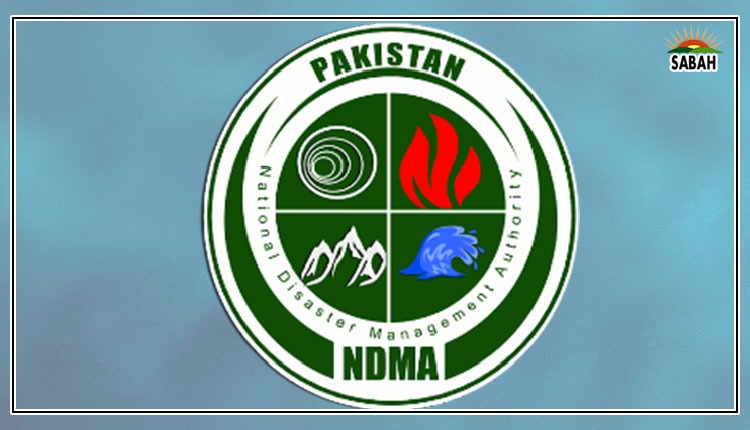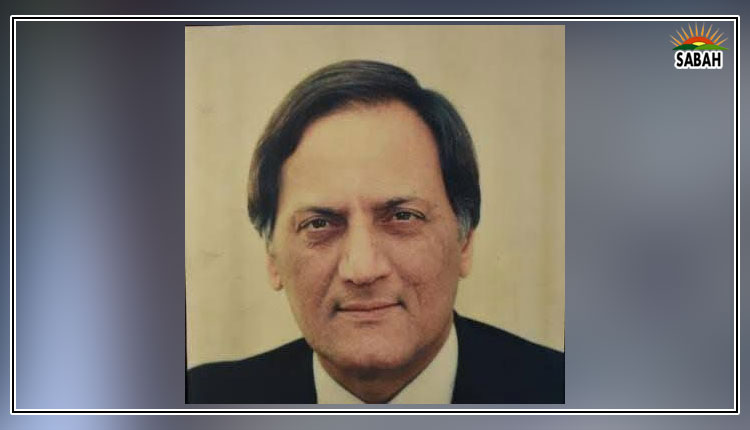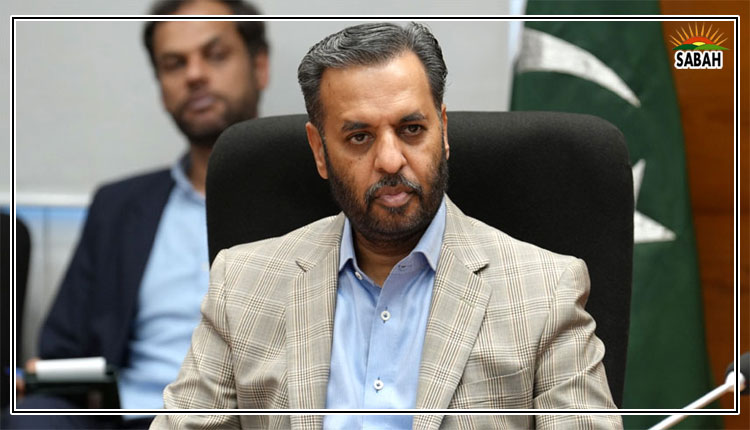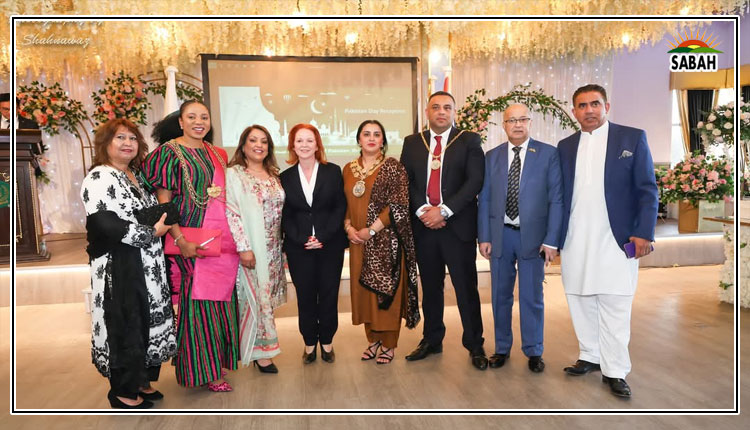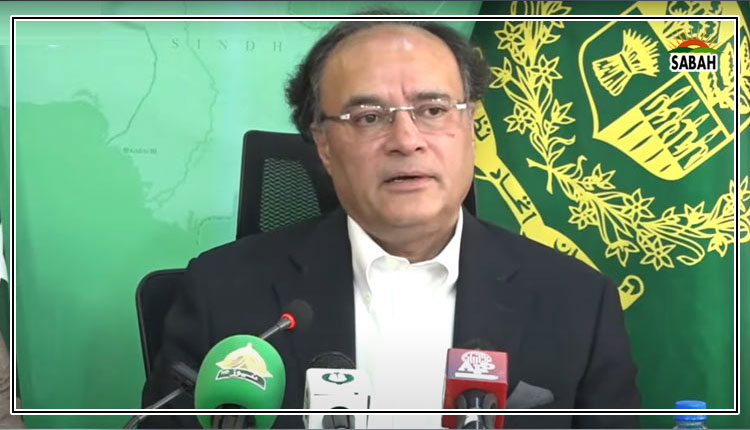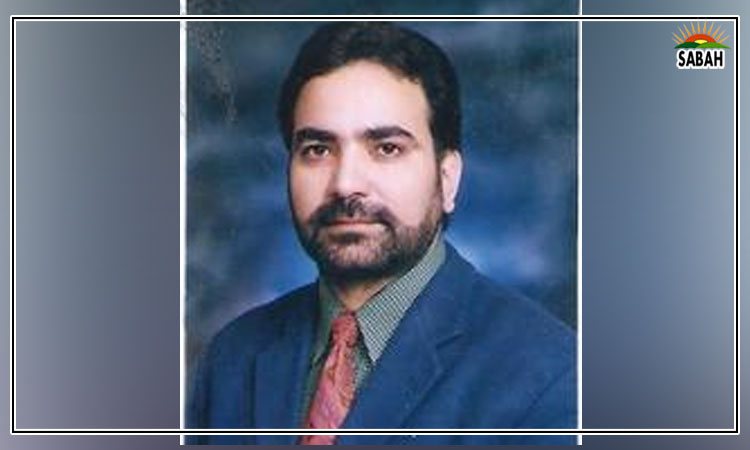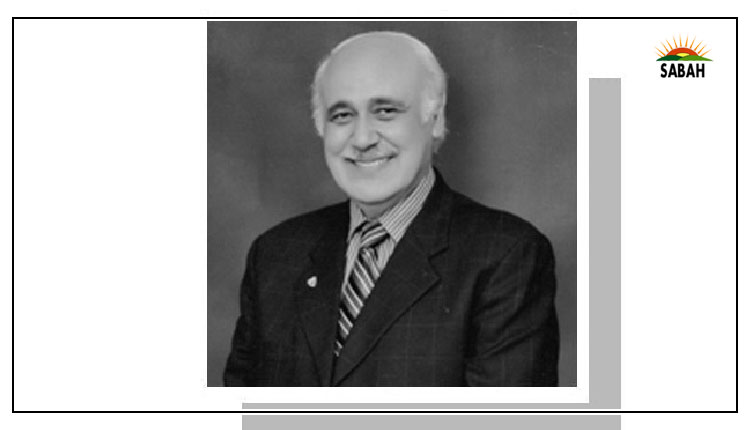Modern facsimiles…F.S. Aijazuddin
MUSTAFA Kemal Atatrk was born in Turkey, in 1881. Since then, facsimiles have been spawned many times: Soekarno in Indonesia, Lt-Col Rawlings in Ghana, Col Nasser in Egypt, Field Marshal Ayub Khan et alia in Pakistan. Each wore the uniform of a patriot, tailored for him, as he believed, by destiny.
Patrick Kinross definitive biography Atatrk: The Rebirth of a Nation (1964) is a must-read for anyone (in jail or out of it), with time on his hands and thwarted patriotism smouldering in his heart.
Atatrks political ideas assumed a coherent shape early in his life, while he was still a lieutenant at the military training school at Montasir. He began to devour history as he had previously devoured mathematics and poetry. He read all he could about the career of Napoleon who became (with qualifications) one of his heroes.
Like Napoleon, Atatrk suffered from the highest form of narcissism. In so far as Atatrk was capable of love, Kinross explains, he loved his country. In time, Atatrk would have a loyal mistress Fikriye whom he later discarded for a wife, Latife. Fikriye later committed suicide.
Kinross analyses traits found in many of our own Atatrk facsimiles.
When Latife became too demanding and possessive, he divorced her. Childless, Atatrk adopted eight children. Turkey though remained the enduring love of his life. That, and the people of Turkey.
Two incidents in Kinrosss biography present little known facets of Atatrks innate egalitarianism. One day in Sofia, Atatrk notices a peasant being denied service in a tea house. He chides the waiter: As long as the peasant is not master of the country, there can be no real progress in the country. From this was born his slogan: The peasant is master of this country.
In another, at a dinner given by the Soviets in their embassy, he tweaked his communist hosts: I dont see among us any of the men who prepared this feast. Within minutes, the cook and other servants were called to the classless table.
Daringly for his time, Atatrk advocated gender equality. In a national meeting of teachers, he taunted the organisers: Why did you make them sit apart from the men? Dont you trust yourselves, or have you no faith in the virtue of these ladies?
Regarding religion, Kinross tells us that Atatrk was not for the eradication of Islam. What he sought was to disengage it from the condition of being a political instrument, which it had been for centuries of habit.
Kinross describes Atatrks tortuous efforts to reform the Turkish alphabet. Atatrk spent hours poring over old and new dictionaries in search of pure Turkish words. His aim was to purify the language of Arabic and Persian infusions. Eventually, he compromised by naturalising words that had no Turkish equivalent. Atatrks achievement was to give his countrymen a language and alphabet comprehensible to anyone who had learned the new ABC, thereby reinforcing Turkishness.
Muslims in India saw in Atatrks Turkey the possibility of a viable Muslim state. The Indian khilafat committee evidenced its support through an Indian fund. Its contributions were used for the construction of a new parliament building in Angora and the foundation of Turkeys first nationalist bank.
Western historians have written much about Winston Churchills disastrous failure at Gallipoli in 1915-16. Kinross provides a corrective account from a Turkish perspective. He highlights Atatrks military success there as a military commander, despite being heavily outnumbered.
Even in defeat, though, Churchill admitted that loaded with follies, stained with crimes, rotted with misgovernment, shattered by battle, worn down by long disastrous wars, his Empire falling to pieces around him, the Turk was still alive. Many Pakistanis will recognise in Churchills words the present condition of our beleaguered homeland.
Kinross analyses traits found in many of our own Atatrk facsimiles: Kemal was not born for cooperation, except in so far as necessity demanded it. He was born to dominate. Aware of this, [his closest supporters] while following him loyally, had watched him warily. They accepted his leadership but remained on guard against the personal ambition that conditioned his patriotism.
In one paragraph, Kinross comes uncomfortably close to our present political situation. Gen J.G. Harbord, an envoy of US president Woodrow Wilson, meets Atatrk. He asks him how he proposes to reconstruct Turkey: Kemal as he talked had been playing with a string of prayer beads [.] He pulled the string apart, and the beads were scattered all over the floor. Picking them up one by one, he remarked that here was the answer to the generals questions. He meant to draw the pieces of his country together.
It took Atatrk only 15 years (three times a Pakistani prime ministers ordained term) to restring his rosary into todays Turkey.
The writer is an author.
www.fsaijazuddin.pk
Published in Dawn, October 3rd, 2024
Courtesy Dawn


